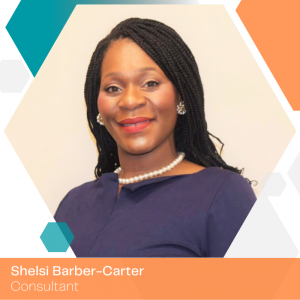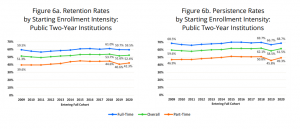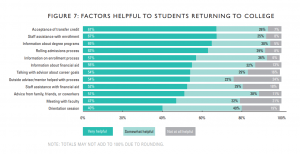This post is part of a blog series highlighting promising practices from the New Skills ready network (NSrn), an initiative of JPMorgan Chase & Co. For more information about the initiative, please see the bottom of this post.
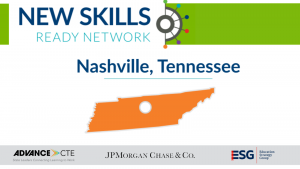 The Nashville, Tennessee site of the New Skills ready network (NSrn) is focused on implementing best practices to strengthen implementation of the funding across the initiative. Advance CTE State Policy Manager Dr. Tunisha Hobson interviewed Daryl Curry, Nashville Area Chamber of Commerce Director of Education and Workforce Partnerships, and Jennifer McFerron, Vice President of Education and Talent Development, about their pilot project initiative. This initiative was pursued to ensure learners have transparent secondary and postsecondary pathways that align to one another and high-demand, high-wage careers that meet labor market needs; enhance learning by defining and implementing best practice work-based learning models and student experiences in secondary and postsecondary; and, increasing the number of historically underrepresented students who successfully enroll and persist in postsecondary education.
The Nashville, Tennessee site of the New Skills ready network (NSrn) is focused on implementing best practices to strengthen implementation of the funding across the initiative. Advance CTE State Policy Manager Dr. Tunisha Hobson interviewed Daryl Curry, Nashville Area Chamber of Commerce Director of Education and Workforce Partnerships, and Jennifer McFerron, Vice President of Education and Talent Development, about their pilot project initiative. This initiative was pursued to ensure learners have transparent secondary and postsecondary pathways that align to one another and high-demand, high-wage careers that meet labor market needs; enhance learning by defining and implementing best practice work-based learning models and student experiences in secondary and postsecondary; and, increasing the number of historically underrepresented students who successfully enroll and persist in postsecondary education.
Overview of the Pilot Projects
The guiding team of the Nashville site led a Design Sprint process with the support of a consulting firm to develop a strategy for distributing funding across the initiative, with the foundation of the four priorities of the New Skills ready network serving as a guiding light, particularly bolstering access to high-quality career pathways for learners of marginalized communities. Out of that process emerged a proposal that would distribute up to $10,000 to individual pilot projects that engage both Metro Nashville Public Schools and two-year and/or four-year postsecondary partners. The collaborative approach to the pilot project process allows an opportunity to continuously refine norms while providing greater depth to the initiative.
The eight pilot projects are led by a variety of stakeholders in the Nashville site team with implementation support from College and Career Readiness Coaches employed by the city in year two of this work who bolster existing career advising and transition supports. Additionally, an increased partnership between the guiding team and Middle Tennessee State University as the four-year partner was a critical component of success.
Jennifer McFerron stated, “the pilots are an area where our guiding team drove the strategy and implementation plan for these projects. They indicated that what our partners really needed was time and space for deep collaboration and support to identify what they need and to succeed in getting there.”
Pilot Project Highlights
The projects were designed to meet partner needs for effective collaboration and implementation vital to the success of the NSrn initiative. Of the eight pilot projects, there are four that have significantly expanded the success of the initiative: Healthcare Futures, IT Apprenticeships, Work-Based Learning Family Career Launch and You Choose/Tú Escoges. These projects direct resources in various ways to support learner development in career pathways and their families.
- Healthcare Futures created an opportunity for Vanderbilt University Medical Center nurses from diverse backgrounds to collaborate with Metro Nashville Public Schools (MNPS) to mentor high school students to become medical assistants or care partners who have identified a future goal of being a registered nurse.
- IT Apprenticeships has helped identify a Computer Information Technology (CIT) course at Nashville State that aligns with employer-identified Information Technology (IT) skills that will make students competitive applicants into employer IT apprenticeship programs. High school students participating in IT pre-apprenticeships at John Overton High School, a New Skills ready network priority school, are enrolled in this course as dual enrollment students. This is the first time a CIT course has been offered as a dual enrollment course for Metro Nashville Public School students.
- Work-Based Learning Family Career Launch aims to increase family engagement in work-based learning while focusing on site specific target sectors. The project will culminate in March with a family event assisting learners with completing the application process for the work-based learning career practicum experience.
- You Choose/Tú Escoges leverages partnerships with community organizations such as Conexión Américas, Martha O’Bryan Center and Oasis Center to provide a collaborative experience in offering multilingual series of workshops for families and move families into case management support around the postsecondary application and enrollment process. Childcare and meals are provided as part of the sessions along with translation headsets to ensure families can access information needed in their preferred language.
From Pilot Projects to Sustainability
Darryl Curry stated, “The Design Sprint was great in that it not only provided additional resources, but also gave our partners an opportunity to dream of the possibilities together. With the successes that we have seen within the pilot projects, the challenge going forward will be sustaining and strengthening those relationships, all the while building on and embedding these offerings and opportunities into how we support both our students and families.”
The relationships developed among the Nashville site guiding team since 2021 allowed for the pilot projects to be both strategic and sustainable beyond the duration of the NSrn initiative. Although the projects are different in scope, the intentional design cultivated employer partnerships, family engagement and support of actualizing durable skills for learners. In order to sustain multiple pilot projects, three actionable steps should be taken: continue to refine norms and processes, value support given by convenors and facilitators experienced in providing guidance on design sprints such as these pilot projects, and inviting the perspectives of employer and community partners.
Learn more about Nashville’s progress in the New Skills ready network initiative in their 2021-2022 site snapshot.
Dr. Tunisha Hobson, State Policy Manager


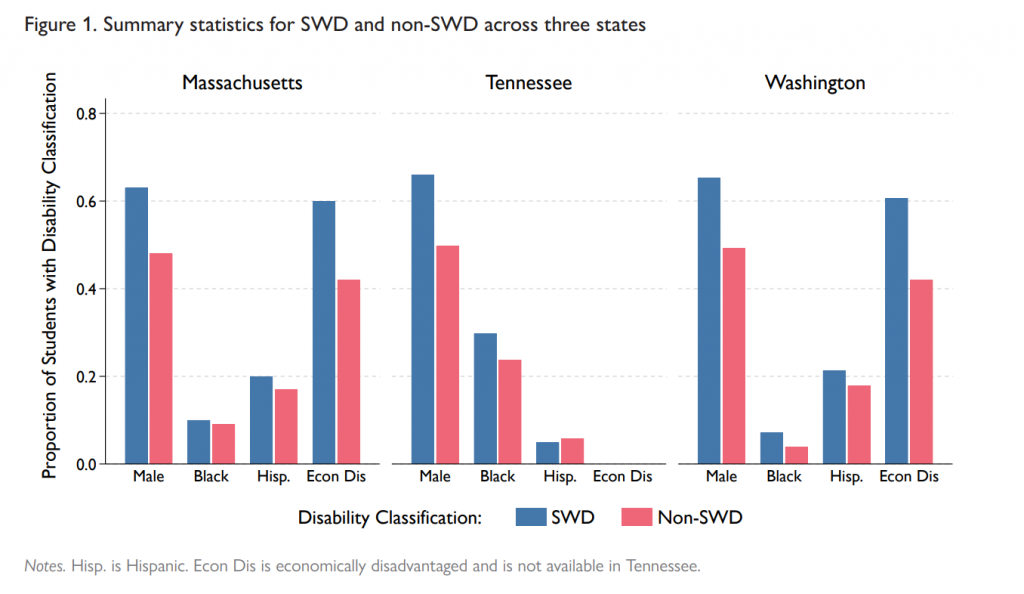
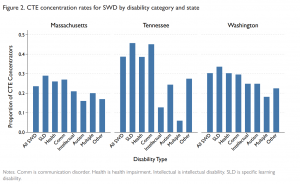
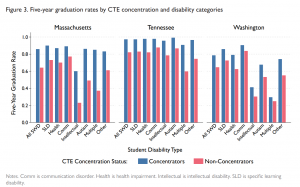
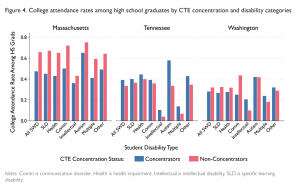
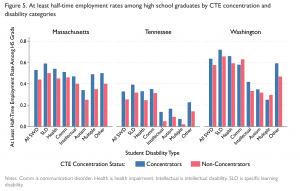
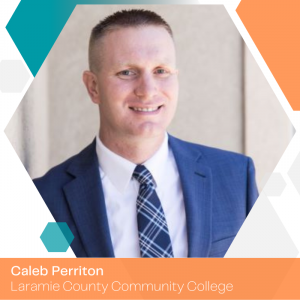 Caleb Perriton’s career began in the automotive industry as an international trainer prior to entering the world of postsecondary CTE. Currently, he serves as Program Director of the Trades & Technical Studies Pathway at Laramie County Community College. He is an ASE Certified Master Automotive Technician and earned a bachelor’s degree in automotive technology from Weber State University and master’s degree in business administration from the University of Wyoming.
Caleb Perriton’s career began in the automotive industry as an international trainer prior to entering the world of postsecondary CTE. Currently, he serves as Program Director of the Trades & Technical Studies Pathway at Laramie County Community College. He is an ASE Certified Master Automotive Technician and earned a bachelor’s degree in automotive technology from Weber State University and master’s degree in business administration from the University of Wyoming.  Dr. Luv’Tesha Robertson
Dr. Luv’Tesha Robertson  Daniel Sandoval is passionate about cultivating self-reliance among learners and students from marginalized populations and has focused on serving immigrant, economically disadvantaged, racially underrepresented and linguistically diverse communities. His range of experience includes grant writing and administration, managing apprenticeship and credential attainment initiatives, and serving in leadership roles in postsecondary student services. Currently, Sandoval serves as the Director of Customized Training and Apprenticeships at Pickens Technical College and as a Psychology instructor at the Community College of Aurora. He earned a bachelor’s degree in English writing from Colorado Mesa University and a master’s degree in counseling psychology from the University of Colorado at Denver.
Daniel Sandoval is passionate about cultivating self-reliance among learners and students from marginalized populations and has focused on serving immigrant, economically disadvantaged, racially underrepresented and linguistically diverse communities. His range of experience includes grant writing and administration, managing apprenticeship and credential attainment initiatives, and serving in leadership roles in postsecondary student services. Currently, Sandoval serves as the Director of Customized Training and Apprenticeships at Pickens Technical College and as a Psychology instructor at the Community College of Aurora. He earned a bachelor’s degree in English writing from Colorado Mesa University and a master’s degree in counseling psychology from the University of Colorado at Denver. 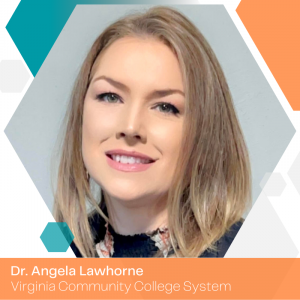 Dr. Angela Lawhorne
Dr. Angela Lawhorne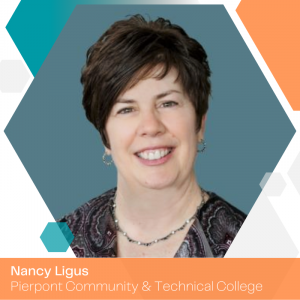 Nancy Ligus leverages her
Nancy Ligus leverages her 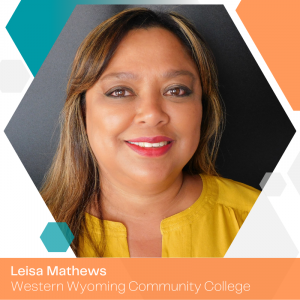 Leisa Mathews’
Leisa Mathews’ 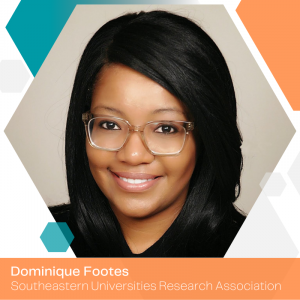
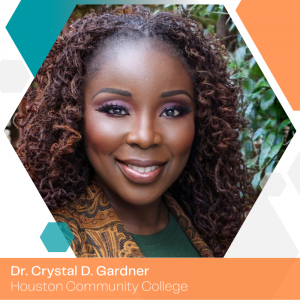
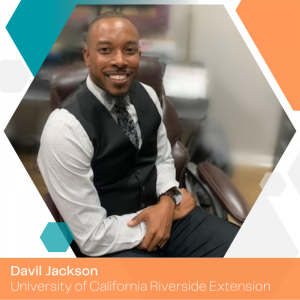 Davil Jackson (California) is passionate about empowering youth and young adult learners and has si
Davil Jackson (California) is passionate about empowering youth and young adult learners and has si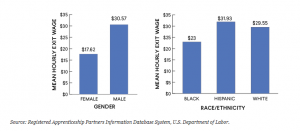
 Kayla Brossett, Louisiana
Kayla Brossett, Louisiana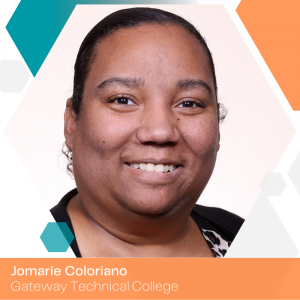 Jomarie Coloriano, Wisconsin
Jomarie Coloriano, Wisconsin 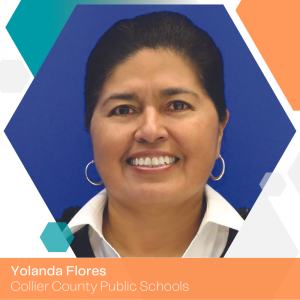
 The 2022 school year heralded the start of another new initiative for the District of Columbia’s Office of the State Superintendent of Education (OSSE)- the
The 2022 school year heralded the start of another new initiative for the District of Columbia’s Office of the State Superintendent of Education (OSSE)- the 
